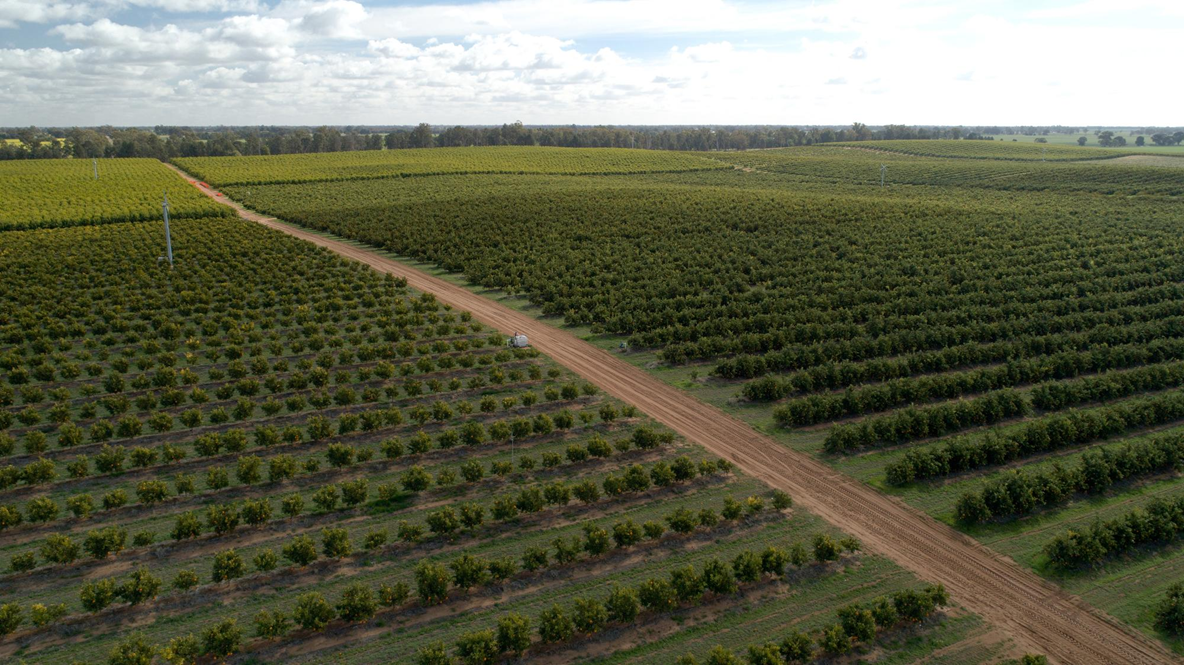The global food system is broken. Modern conventional agricultural practices, characterized by intensive use of synthetic chemicals and tilling machinery, have been in use for less than a century. In that short amount of time, these practices have exhausted stores of topsoil and groundwater, released dangerous amounts of greenhouse gases (GHGs) into the atmosphere, created dead zones the size of states in critical waterways and fisheries, and diluted the nutritional value of our food. Further, as the threat of unchecked climate change looms ever larger, food producers are increasingly vulnerable to the risks associated with higher average temperatures and more extreme weather patterns. The current state and outlook of the food system is a problem not just for farmers but for anyone who eats food, which is to say, all of us.
Regenerative agriculture, focused on restoring soil carbon and biodiversity, represents a hopeful solution to this problem. The world’s soils are a crucial carbon sink. Globally, soils currently hold ~2,500 billion tons of carbon, which is more than three times the amount of carbon currently in the atmosphere. As a direct result of agriculture, global soils have released ~133 billion tons of carbon into the atmosphere, which is roughly equivalent to 25% of all historical human greenhouse gas emissions. We can return billions of tons of carbon to agricultural soils each year for the next 30-40 years through regenerative practices and by doing so, meaningfully diminish the risks posed by climate change, restore natural systems, and improve economic outcomes in rural communities. Not only is this a hopeful solution, but it is likely the most financially efficient solution currently available for sequestering atmospheric carbon at scale.
Agriculture Capital has worked for the past decade to scale regenerative agriculture to deliver non-concessionary returns to investors. We understand the need to transform the global food system to help ensure climate stability and feed an additional 1-1.5 billion people over the next ~30 years. A rapid shift away from conventional food production practices and toward regenerative practices is the only viable pathway to achieve this outcome.
For further discussion of this topic, we dove into the transformative potential of regenerative agriculture in our first AC webinar “Unlocking Carbon Potential: Sequestering Carbon in Permanent Crops and Agriculture.” The conversation between Rob Hurlbut, Wood Turner, Casey Peck, and special guest Francois Visser, Founder & CEO at Carbon Friendly , shed light on how agriculture practices can turn the tide on climate change, sequester carbon with the potential to generate high quality carbon credits, and provide a solution to one of our planet’s most pressing problems.
Click the link to request a video copy of the full discussion. https://docs.google.com/forms/d/e/1FAIpQLScrWxYpl6Imm2RiaXMD3kHaanD0L_mjWN3wxYaw-xEXh0FtPw/viewform?pli=1&pli=1
